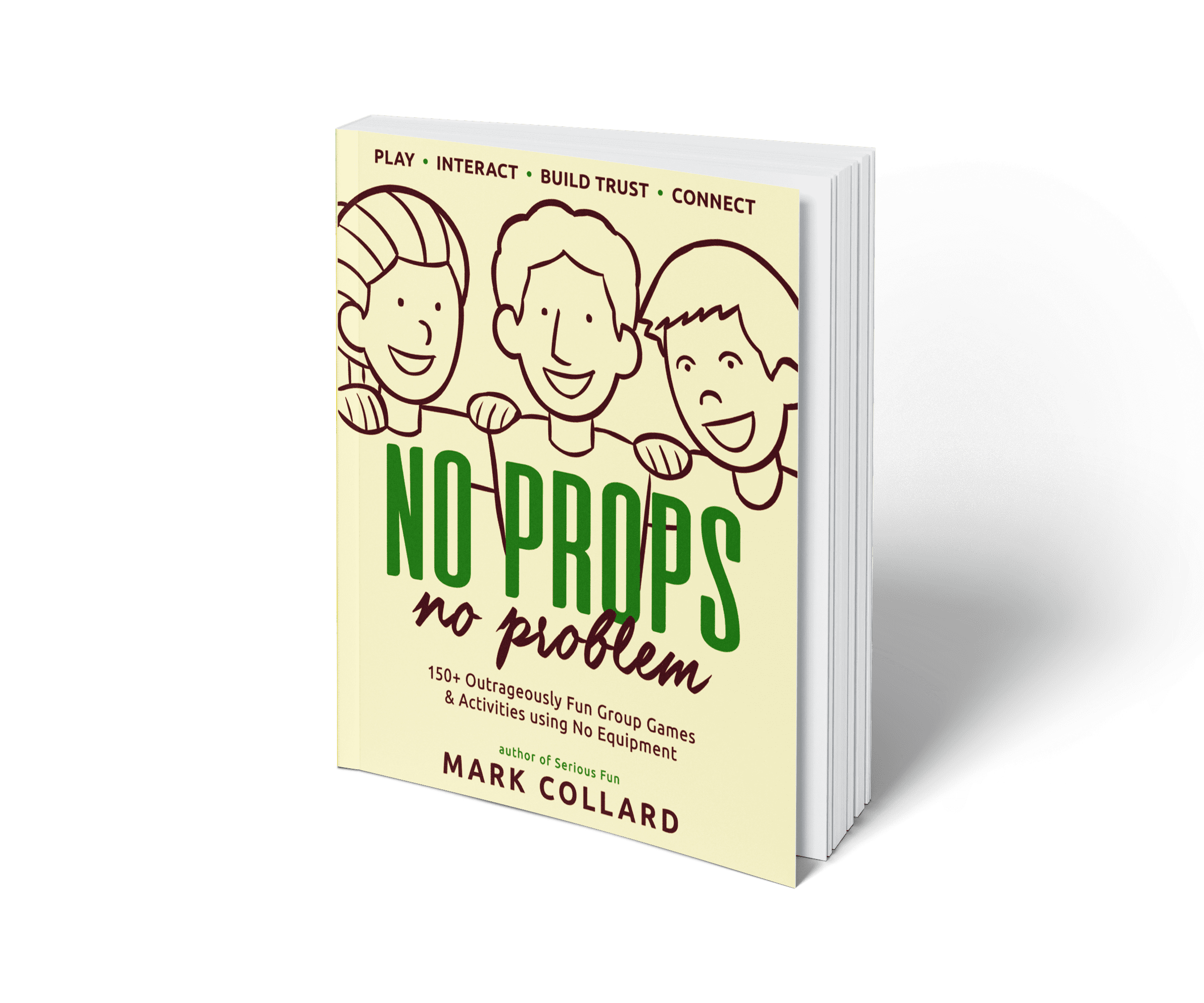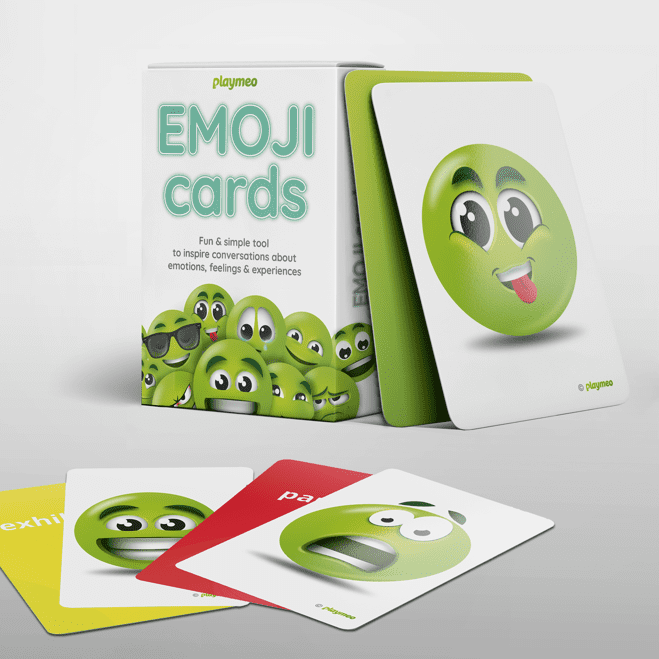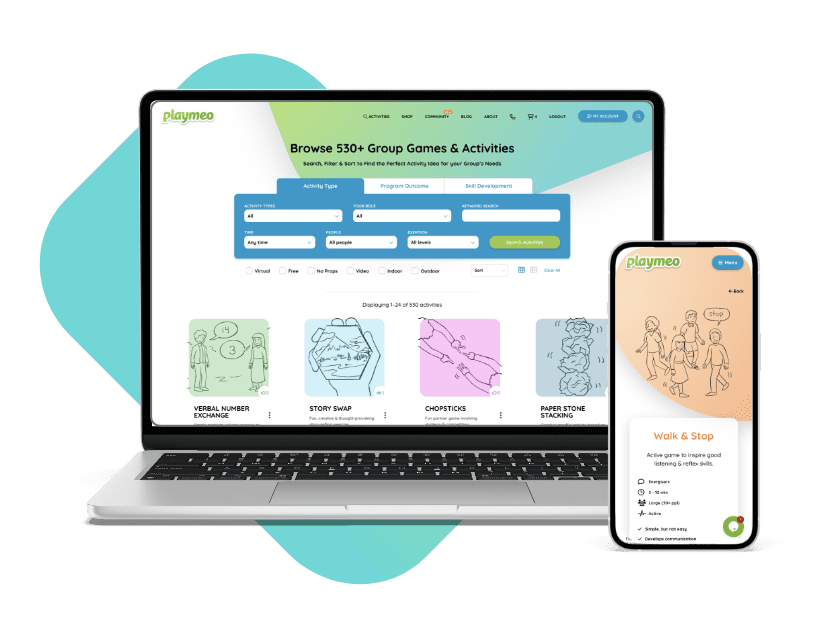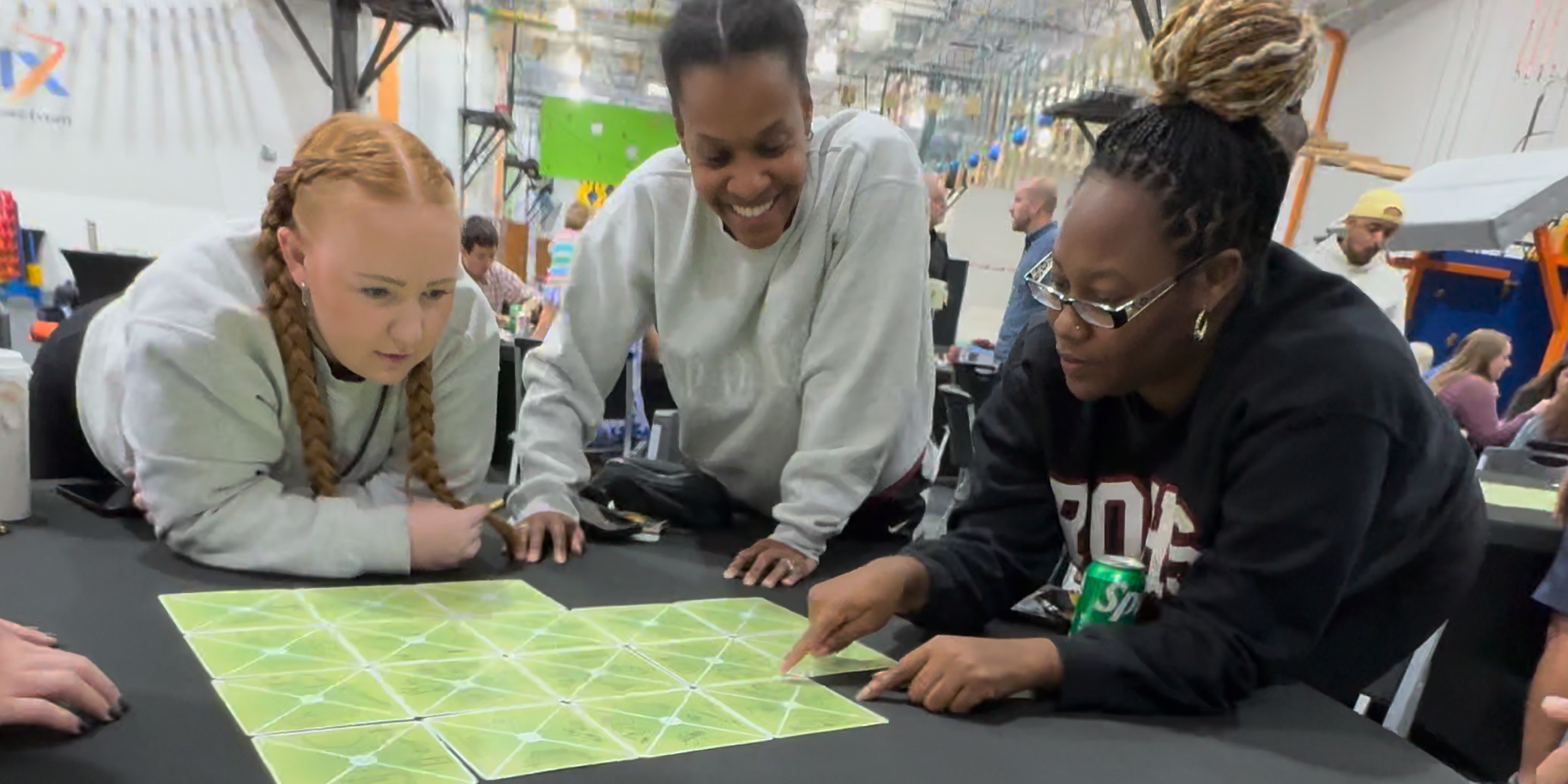Take a moment any time you’re part of a group that is waiting or biding its time – riding public transport, waiting in a queue, television commercial breaks, etc – and I guarantee that more than 80% of the people around you will be glued to their mobile (cell) phones.
As a heavily scheduled, highly-productive and very busy culture, we simply do not abide boredom anymore.
Indeed, I would argue that we have lost the art of solitude because the antidote for boredom sits in our back pocket, ready to be pulled out at a moment’s notice. Some would argue that many digital-natives don’t know how to be bored because they have needed to be.
Happily, more and more, research is telling us that spending time alone, especially in the outdoors is good for our mental and emotional wellbeing.
One such study was reported on in The Conversation, the popular online journalistic portal. Click the link to read more.
In this study, it was reported that spending time alone in nature was critical to the development of a human being. But, importantly, the authors argued that it was necessary to be very intentional about spending time alone because gaps in schedules very easily to fill up.
Statistics show that the average American adult (15 years and older) enjoys about 5 hours a day engaged in leisure and sports activities. Of this, only 17 minutes was dedicated to relaxing and thinking time – that’s less than 2% of their entire waking day. The research suggests that over the long-term, this is not healthy.
Yet, for many people, spending time alone, anywhere, is a scary prospect because it means that they are left alone with just their thoughts to occupy their minds.
Which is one reason getting out into nature, even a walk around the block, can be enormously beneficial. Aside from the cardio and aerobic benefits of getting outside, enjoying nature is relaxing, it facilitates long-range vision (to balance the hours we spend focuses on short-range vision needs in front of a screen) and opens opportunities to think.
How often are you – intentionally – spending time alone in nature?
What were you doing, and how do you think it benefits you?

No Props? No Problem!
Get 150+ no-prop games & activities + exclusive 30-day free trial of playmeo. Scan QR codes to view activity videos, leadership tips, etc.

EMOJI Feeling Cards
50+ cards that portray a range of emotions from happy, sad, angry & confused. Ideal for building emotional literacy skills.

Wow, you’ve been busy!
You can open 1 more
activity for free.
Limit resets every 24 hours
or click below to get unlimited access.











Original post June 2018, last updated June 2018.